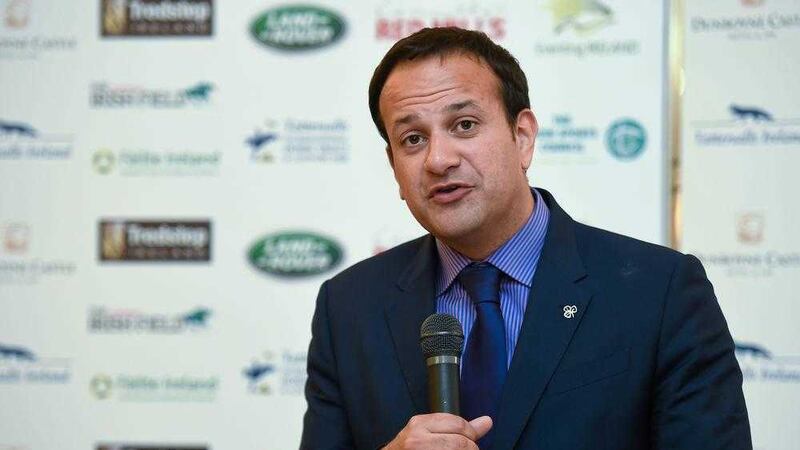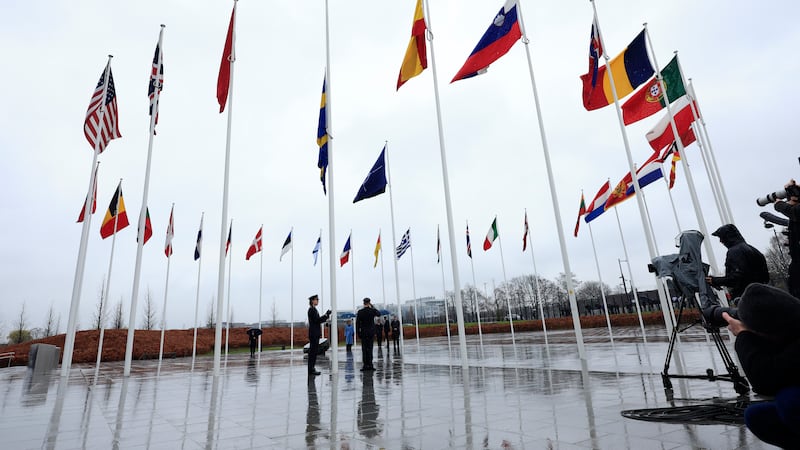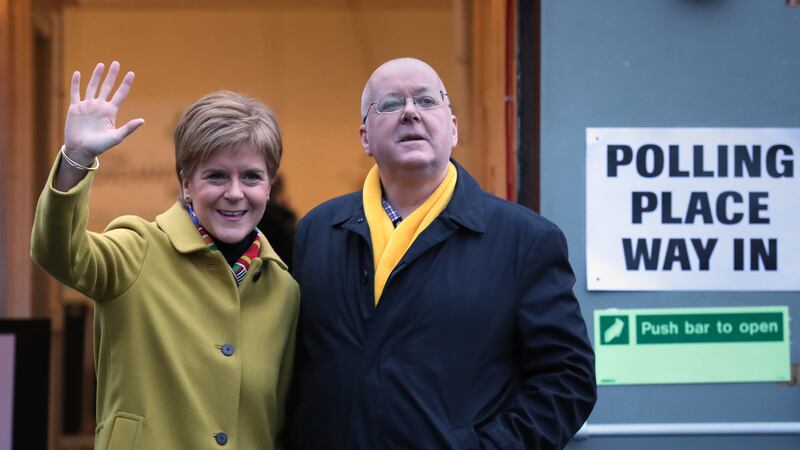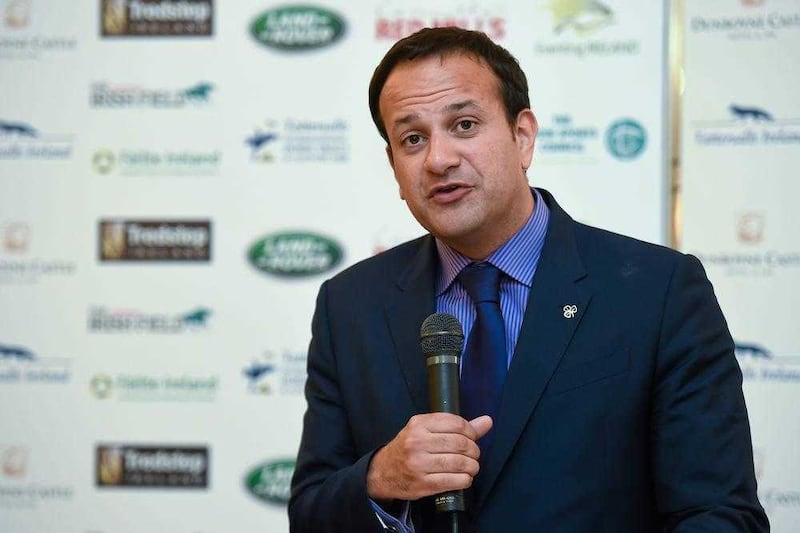BRITAIN'S decision to leave the EU is being used to make a "land-grab" for Northern Ireland, a senior Irish government minister has said.
Leo Varadkar, social protection minister in Dublin's minority Fine Gael administration, said he foresees a united Ireland in the future but warned immediate moves by some in that direction after the Brexit result is counterproductive.
The reunification of the island of Ireland must be brought about through "respect and consent" and by accepting the identity of unionists and "finding a special place for them to thrive", he said.
Mr Varadkar was speaking at a commemoration of Michael Collins and Arthur Griffiths, key figures in the fight for Irish independence, at Glasnevin cemetery in Dublin.
"It was easy for some to jump on the Brexit result and use it to make a land-grab for Northern Ireland," Mr Varadkar said.
"And it was counterproductive."
The shock Brexit result in June has sparked a renewed debate about a potential referendum on the Irish border.
A majority of voters in Northern Ireland want to remain as part of the European Union.
Citing Mr Griffiths's talks with Ulster unionists during the partition of Ireland, Mr Varadkar said his "inclusive vision" is the "only chance we have of securing lasting peace and achieving genuine unity on this island".
"I share the vision of An Taoiseach that foresees a united Ireland at some point in the future, and I share his belief in how it should be achieved," he added.
"Through respect and consent, by accepting the identity of the minority tradition and honouring their values by finding a special place for them to thrive, not through assimilation or the crude majoritarianism in a border poll."
Earlier in the summer, Taoiseach Enda Kenny suggested a border referendum could be closer after the UK's decision to leave the EU, but he later appeared to retreat from his position.
Last month, an opinion poll by Red C showed two out of three people in the Irish Republic would vote for a united Ireland – a sharp rise in support for reunification since a similar opinion poll six years ago.
Separately, President Michael D Higgins addressed the annual commemoration of Mr Collins at Béal na mBláth in Co Cork, where the Irish revolutionary was killed in an ambush in 1922.
Mr Higgins said Mr Collins accepted that some form of partition was regarded as inevitable at the time for unionists "seeking a separate status in the north-east corner of the island".
"With the benefit of hindsight, it has become easier, perhaps, to appreciate the merits of the path of compromise which Michael Collins, however reluctantly and heavy-heartedly, chose to follow," he said.
"Few today would challenge the wisdom of his conscious decision 'not to coerce the north-east'.
"Yet, a century later historians differ as to the motivation of Michael Collins in relation to the assistance he sought to provide to forces in Northern Ireland in this period."



